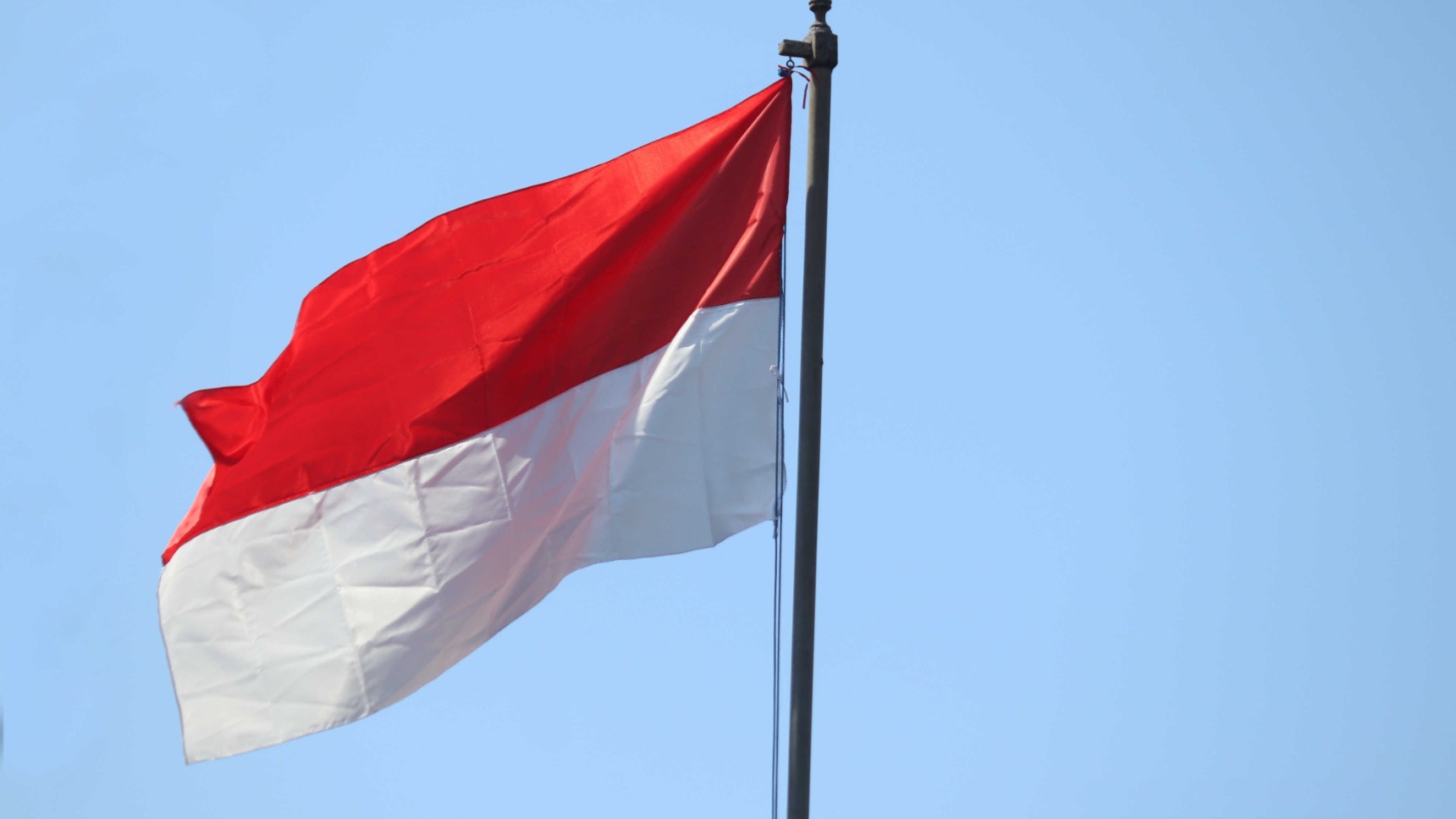Nusantara: Indonesia's New Capital
A text about Indonesia's new capital Nusantara from a geological perspective. The text focuses on the potential ecological impact of building a metropolis in eastern Borneo.
A Geological Perspective
Indonesia's new capital, Nusantara, is set to replace Jakarta as the country's political center by late 2024. Located in eastern Borneo, Nusantara has the potential to impact a biodiverse area that is home to thousands of animal and plant species. Environmentalists warn that building a metropolis will speed up deforestation in one of the world's largest and oldest stretches of tropical rainforest, estimated to be more than 100 million years old.

The island of Borneo is home to long-nosed monkeys, clouded leopards, pig-tailed macaques, flying fox-bats and the smallest rhinos on the planet. However, by 2045, the Indonesian government says Nusantara will host 1.9 million residents, importing a wave of human and industrial activity into the heart of Borneo.
The relocation follows capital moves by Brazil to Brasilia and Myanmar to Naypyidaw. Drastic changes to the land's topography and the man-made disasters that could follow "will be severe and far more difficult to mitigate compared to natural disasters", according to Uli Arta Siagian, a forest campaigner for environmental group Walhi.